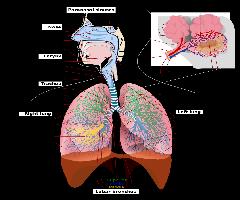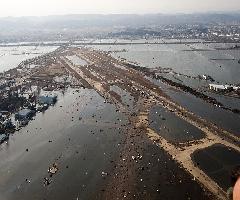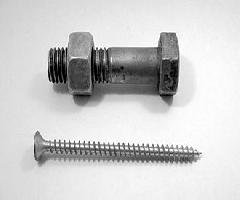If you are writing an article, technical or research paper, essays or any other type of personal or non-personal writing, and your topic is already selected or assigned, concentrate on the standard W’s. The 5W’s are: WHO, WHAT, WHERE, WHEN and WHY. The purpose of asking these questions is that it will help you in developing a quicker and great deal of information about your subject. Not every question will apply to every article, technical papers, research papers or essay papers, and the prompts that follow each W’s are meant to be taken as suggestions. Be flexible, and use the
format as it best fits your topic.1. Where have you been (chronological history)?
2. What have you accomplished or achieved?
3. What do you do with your time when not in work, home or school?
4. What are you good at? Or passionate about?
5. Who are/were your major influences?
Some articles, technical papers and essays are intended to be personal, so you must focus on yourself. Take time answering personal questions first before drafting your topic. This process involves a different set of W’s, meant to elicit key information about you and about the topic if it has been chosen.
Here’s how the 5 W’s might work for the following assignment or topic you are intended to write:
Topic: “Television is a Very Powerful Medium”
Using the 5W’s, some questions that you may raised are as follows:
1. What do you think is the ideal place of television in our lives, and why?
2. How close is the
3. Who watches TV?
4. What kinds of shows are people watching?
5. What happens to kids who watch too much TV? (Affects works, schoolwork, relationships with others?)
6. What about people who have no TVs? Are they more informed? Less informed?
7. What do people expect from TV? Relaxation? Information? Entertainment?
8. Where do people place TVs in their homes? Kids’ rooms? (effect on family relationships, socialization?)Bedroom? (effect on sleeping/relaxation?) Kitchen? (effect on conversation during meals?)
9. What effect does TV have on our lives? Hurts us? Helps us?
10. What if we got rid of TV?
11. When was TV invented?
12. Why do people watch TV?
Notice the number of questions and the amount of possible article material this example was able to generate. Some of the questions are more relevant to the topic or assignment than others (“when was TV invented” probably won’t be relevant, for example). But clearly, this example has many ideas to work with. After answering all the questions above, then you will be able to draft your article and have a great context on it.
Note: Originally posted at triond.com under the same author. ( http://socyberty.com/education/using-the-5ws-in-article-writing/ )




